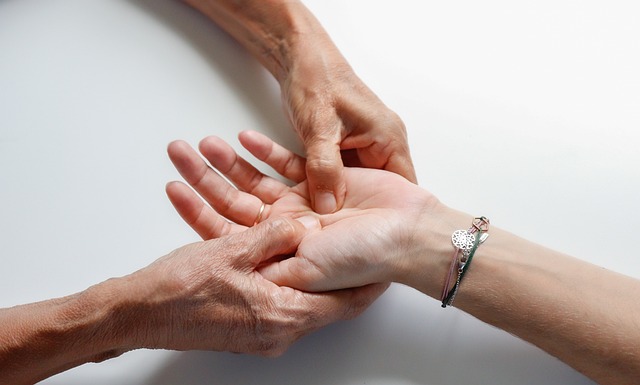Clear communication policies are crucial for Bridgeport's massage spas to prevent massage abuse, protect clients, and comply with Connecticut's anti-harassment laws. These policies educate staff on recognizing and responding to distressing behavior, foster open dialogue between clients and therapists, and provide legal defense against potential lawsuits from massage abuse cases. By implementing accessible consent mechanisms, privacy protections, and discreet reporting procedures, spas can maintain a safe environment, safeguard their reputation, and support vulnerable individuals.
In the relaxing haven of Bridgeport’s massage spas, clear communication policies are a cornerstone of client protection and spa safety. This guide explores the vital role of such policies in preventing massage abuse, with a legal perspective informed by Connecticut’s massage abuse laws. We’ll delve into best practices for spas to create safe spaces, ensuring both client satisfaction and adherence to regulations, especially as managed by a dedicated massage abuse law firm in Connecticut.
Protecting Clients: The Role of Communication Policies

Clear communication policies are vital in Bridgeport’s massage spas to safeguard clients from potential abuse and exploitation. With the growing prevalence of massage abuse cases, often involving vulnerable individuals seeking relaxation or relief, spas must establish guidelines that promote open dialogue and ensure client comfort. These policies should educate staff on recognizing signs of distress or non-consensual behavior, encouraging them to intervene promptly.
By implementing effective communication strategies, massage spas can foster an environment where clients feel empowered to express their boundaries and concerns. Furthermore, these policies play a crucial role in legal protection under Connecticut’s massage abuse laws, acting as a shield against potential lawsuits and ensuring the spa’s compliance with regulatory standards.
Preventing Massage Abuse: A Legal Perspective

In the context of Bridgeport’s massage spas, clear communication policies are a powerful tool for preventing massage abuse. This is particularly crucial from a legal standpoint, as Connecticut has specific laws in place to protect individuals from sexual harassment and assault during professional services, including massages. A well-defined policy that outlines acceptable behavior, client expectations, and consequences for violations can serve as a deterrent for potential abusers and provide a clear framework for legal defense if necessary.
Massage abuse law firms in Connecticut emphasize the importance of these policies in holding spas and therapists accountable. By establishing open lines of communication, documenting consent, and fostering an environment where clients feel comfortable expressing concerns or refusing inappropriate advances, spas can mitigate risks and ensure compliance with relevant laws. This proactive approach not only safeguards the well-being of clients but also protects the reputation and legal standing of the spa itself.
Creating Safe Spaces: Best Practices for Spas in CT

Bridgeport, CT, like many places, has specific laws in place to protect individuals from potential massage abuse. Creating safe spaces within massage spas is paramount for ensuring client well-being and maintaining public trust. Best practices include implementing robust communication policies that foster an open and transparent environment. This involves clearly outlining expectations regarding consent, privacy, and reporting mechanisms. Spa owners should educate their staff on these policies, ensuring everyone understands their role in preventing and addressing any incidents.
Additionally, providing easily accessible resources about local massage abuse laws can empower clients to make informed decisions. Clear signage, detailed client agreements, and discrete reporting procedures are essential tools for maintaining a secure environment. These practices not only protect clients but also uphold the reputation of Bridgeport’s massage spas, promoting a culture where everyone feels respected and safe.





